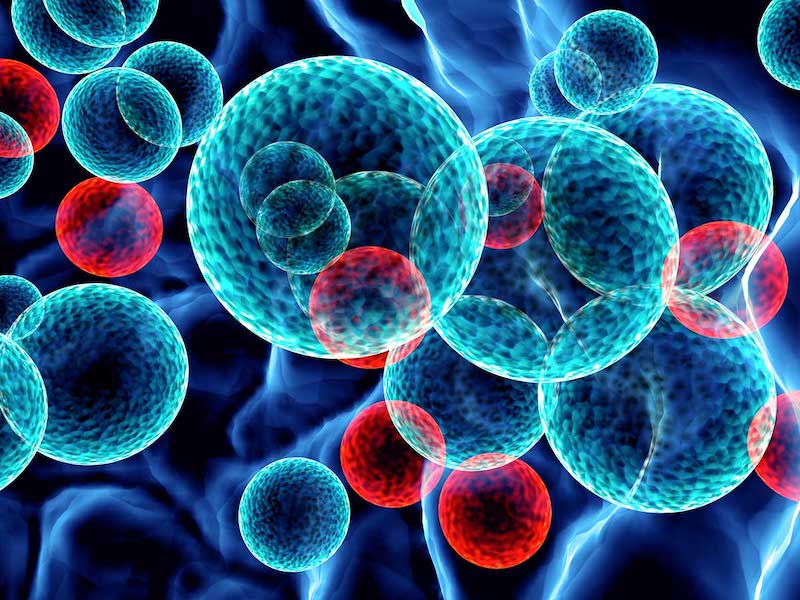Non-Hormonal Contraceptives: The Future of Birth Control with Nanoparticles
Contraception has made tremendous progress in recent decades, but concerns still persist regarding the side effects of some methods, particularly hormonal ones. A new study published in Advanced Healthcare Materials explores the use of nanotechnology to develop highly effective non-hormonal contraceptives, which could offer a safe and innovative alternative to current options.
Nanotechnology and Non-Hormonal Contraception
Nanoparticles are used to deliver contraceptive agents directly to the uterus, preventing conception without affecting the body’s hormonal system. These biocompatible particles can release their contents in a controlled manner, ensuring long-lasting protection without the need for daily or weekly administration.
Advantages of Nanoparticle-Based Contraceptives
One of the key benefits of using nanoparticles is the ability to avoid risks associated with hormonal contraceptives, such as thrombosis or mood swings. Early animal studies have shown a high success rate and a low incidence of side effects. Nanoparticles can be administered in gel form or inserted via intrauterine devices (IUDs), offering a range of personalized options.
The Future of Non-Hormonal Contraception
Nanotechnology-based contraceptives are still in the experimental phase, but scientists predict that these nanoparticle-based options could be available to the public within the next 5-10 years. This new generation of contraceptives promises to revolutionize how women manage family planning, offering safe, effective, and non-invasive solutions.
For more information on the latest discoveries in non-hormonal contraception, visit our article on innovative contraceptive options.
Conclusion
The potential of non-hormonal, nanoparticle-based contraceptives represents a significant advancement in reproductive health. With fewer side effects and greater flexibility, these new methods could substantially improve women’s quality of life.
Source: Advanced Healthcare Materials, 2023.
Learn more about nanoparticle-based technologies for reproductive health.


